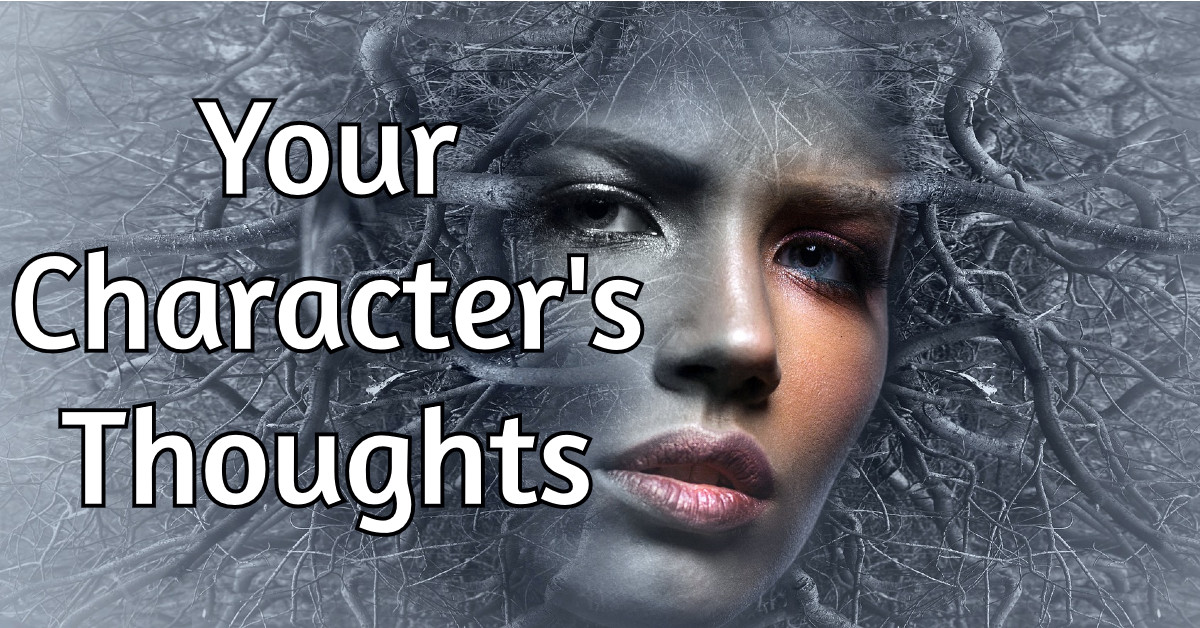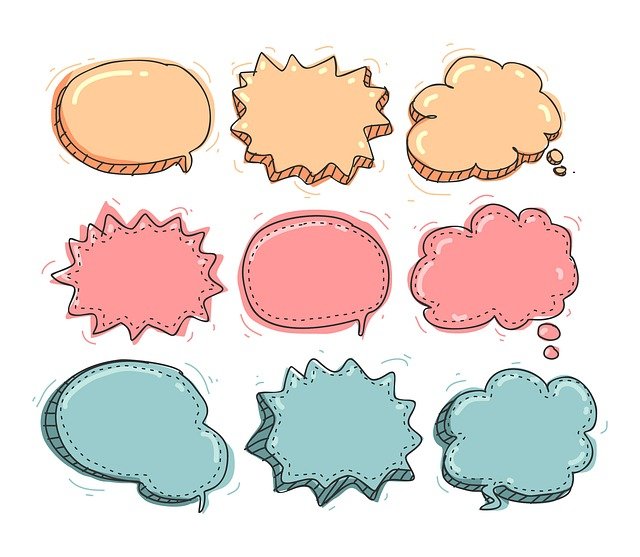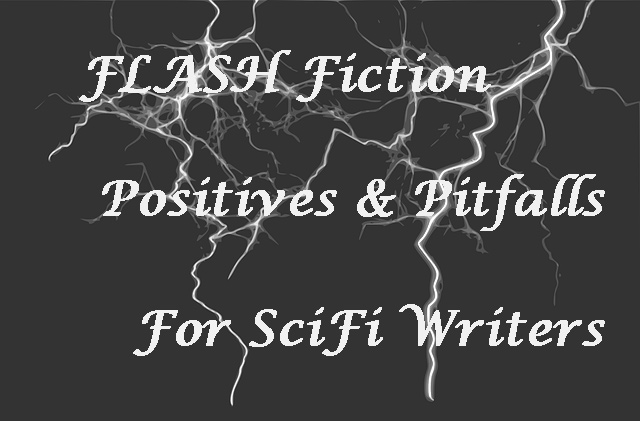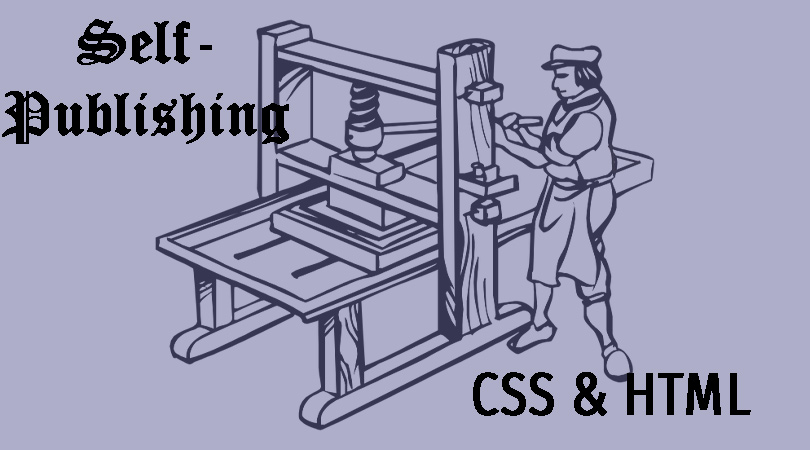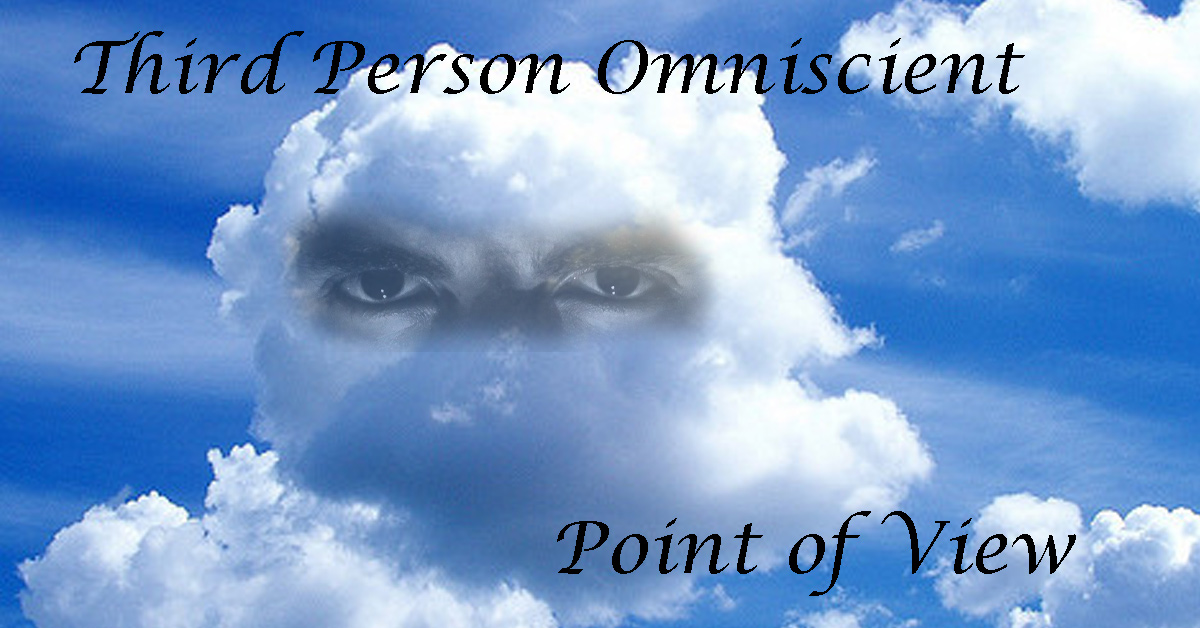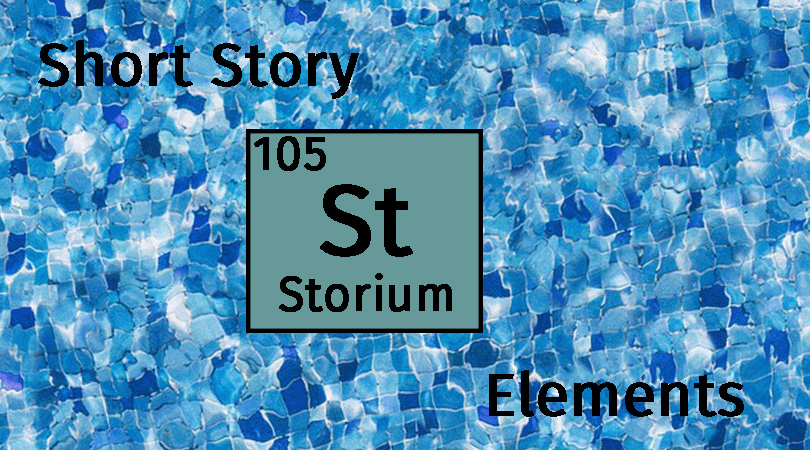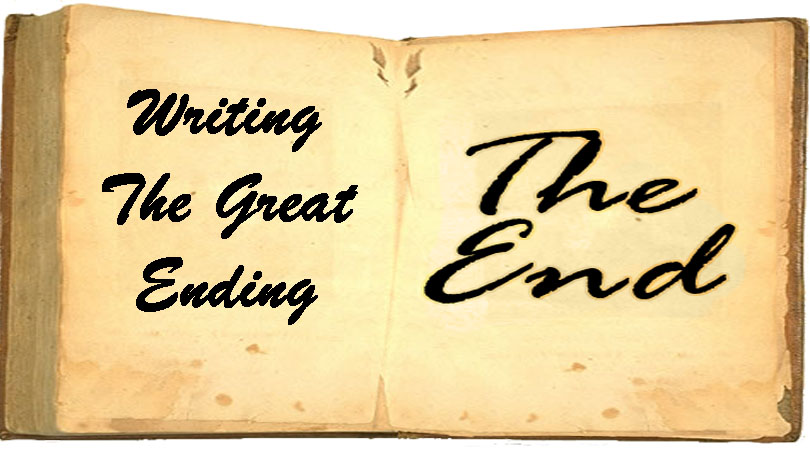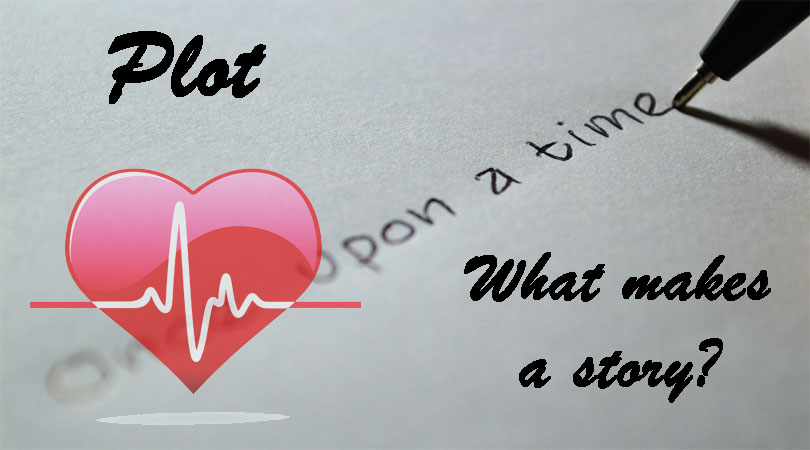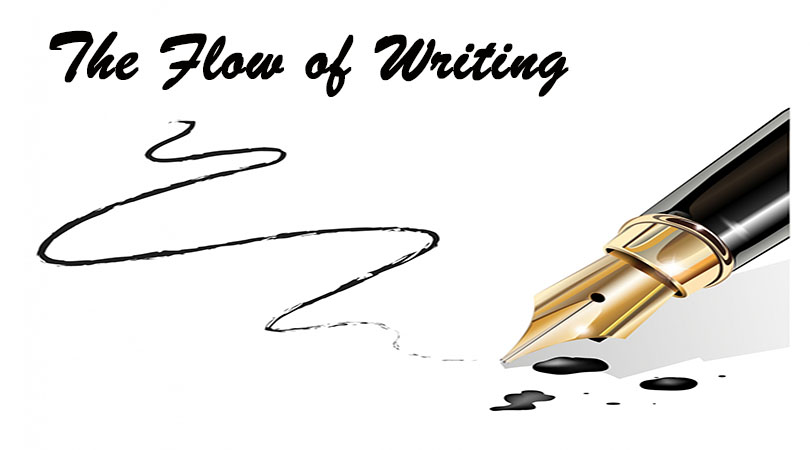Your Character’s Thoughts
At a glance, it used to be easy to identify what a character was thinking, hearing, seeing, or saying BECAUSE the author would write: he thought, she heard, he saw or she said… The current trend is to remove such markers or filters to reduce the “narrative distance” between the character and the author. This … Read more

